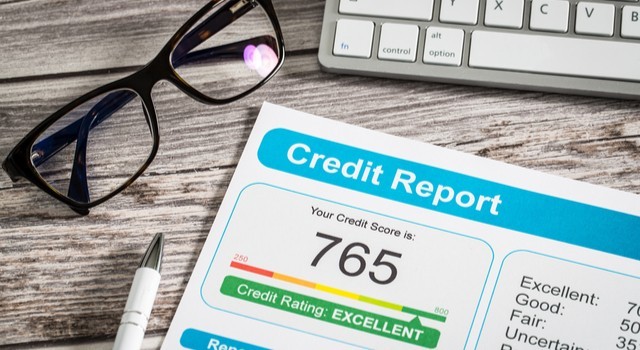Statistics published by the Equity Release Council show a significant rise in the number of equity release transactions in Scotland in recent years. An increase of 62% between 2012/13 and 2017/18 could be due in part to the increased flexibility these products now offer, but does it also reflect a growing need to deal with serious debt?
Equity release is commonly used to clear debt and reduce financial pressure in retirement. It allows homeowners to release the value locked within what is likely to be their largest asset. So how does equity release work and could you use it to help with your debt problem?
How does a lifetime mortgage work?
Lifetime mortgages offer a cash lump sum, cash payments in instalments, or a combination of the two, and you remain the owner of your home. You can choose whether or not to pay interest on the mortgage, or allow it to accrue. If you’re the sole occupant and need to move into a care home at any point, the property is likely to be sold and the outstanding mortgage repaid from the proceeds. Similarly, the mortgage is repaid from your estate when you die.





